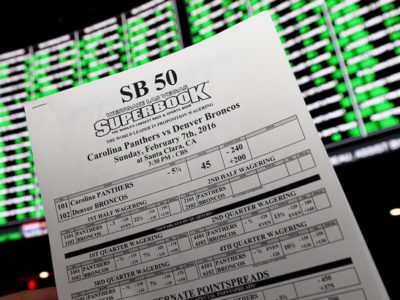coal-fired power plants
The Emperor’s New Endangerment Theory (Part II)
To justify a decision not to regulate CO2 from power plants, EPA had to twist statutory language beyond all recognition.
According to EPA, carbon emissions from the U.S. power sector are too insignificant to warrant regulation. This is a bizarre conclusion: U.S. power sector’s emissions are around 6.5 billion tons, just below Russia’s total emissions from all sectors. To reach this conclusion, EPA has proposed a novel reading of the Clean Air Act. In EPA’s view, before it could regulate those emissions, it would first have to make a formal finding that they “cause or significantly contribute” to climate change, and (2) that this has to be judged on the basis of the sector’s percentage of total global carbon emissions. The statute doesn’t say either of those things.
CONTINUE READINGWhy the New Climate Reg for Coal is a Perfectly Normal EPA Rule
EPA’s approach isn’t a novel innovation. It’s just EPA applying its usual approach.
The problem isn’t that EPA’s new climate regulation for power plants will crush the coal-fired generation industry. It’s that much of the industry is so economically weak it can’t survive any kind of regulation.
CONTINUE READINGCutting 290,000 Tons of Water Pollution a Year, One Coal Plant at a Time
Coal is a dirty fuel. It’s not just air pollution or climate change.
EPA proposed new regulations next week to reduce the water pollution impacts of coal-fired power plants. As EPA regulations go, these count as fairly minor. They got a bit of news coverage in coal country and industry publications. But they will eliminate the discharge of thousands of tons of pollutants, including a lot of metals …
Continue reading “Cutting 290,000 Tons of Water Pollution a Year, One Coal Plant at a Time”
CONTINUE READINGWhat Does Sports Gambling Have To Do With Environmental Law?
A Lot, Potentially, Following the Supreme Court’s Murphy v. NCAA Decision
Recently, the U.S. Supreme Court issued a major decision invalidating a federal statute that had prohibited states from allowing betting on competitive sporting events. Murphy v. National Collegiate Athletic Association, is one of those relatively rare Supreme Court decisions that directly affects a substantial portion of the American public. So it’s no great surprise that …
Continue reading “What Does Sports Gambling Have To Do With Environmental Law?”
CONTINUE READING







